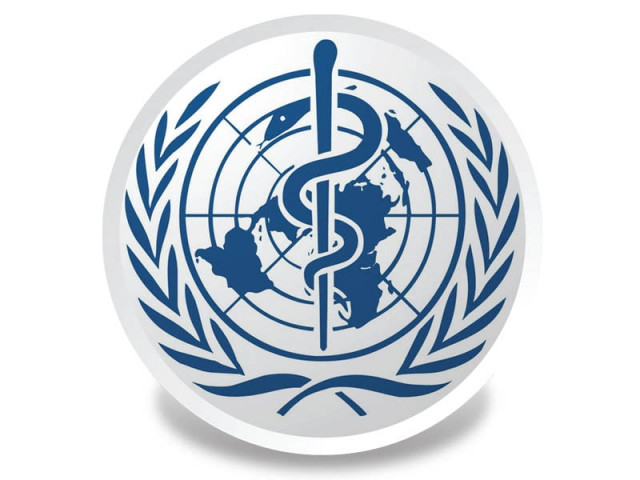Monitoring nutrition: WHO, Health Dept to launch survey in seven districts
Programme will focus on children up to the age of five.

The World Health Organisation (WHO) and the Health Department plan to start a nutrition survey in seven districts of the province to monitor nutrition and health issues in children up to five years of age.
The pilot project will be started in Multan, Gujranwala, Muzaffargarh, DG Khan, Rajanpur, Layyah and Bhakkar this year.
This was announced on Thursday by Dr Khizar Ashraf, the organisation’s technical officer at an orientation workshop about the Nutrition Sentinel Site Surveillance System.
Dr Khizar Ashraf, during the breifing, said that 58 per cent of households in Pakistan are food insecure, of which 59.5 per cent are in the Punjab. Citing the National Nutrition Survey 2011, Dr Ashraf said that more than 29.7 per cent of children under the age of five are under weight and 62 per cent of children in Pakistan have anaemia.
With the survey, he said, they want to identify and highlight the evolution and projected trends towards a nutritional and health emergency related to food crises. Dr Ashraf said observations would allow advocating for and responding to most serious cases.
The programme will be built into the agenda of the Lady Health Workers (LHWs) Programme, already functioning at the district level. Lady health workers will collect the data and monitor the children’s progress. A “state-of-the-art” computerised system will be set up to make the nutrition surveillance data available at district and provincial level, ready to use for rapid response, planning and directing of resources.
Director General Dr Nisar Ahmad Cheema said the age group was chosen because “their nutritional status is more susceptible to change as a result of external shocks (lack of food, disease etc) as well as interventions.”
Khawaja Salman Rafique, the special assistant to the chief minister on health, described malnutrition as a “challenge for the government”. He said malnutrition was “unacceptably high” and would make reaching millennium development goals difficult and also affect economic growth. The workshop was attended by executive district officers and district officers (Health) and health specialists from several districts of the Punjab.
Published in The Express Tribune, May 18th, 2012.



















COMMENTS
Comments are moderated and generally will be posted if they are on-topic and not abusive.
For more information, please see our Comments FAQ